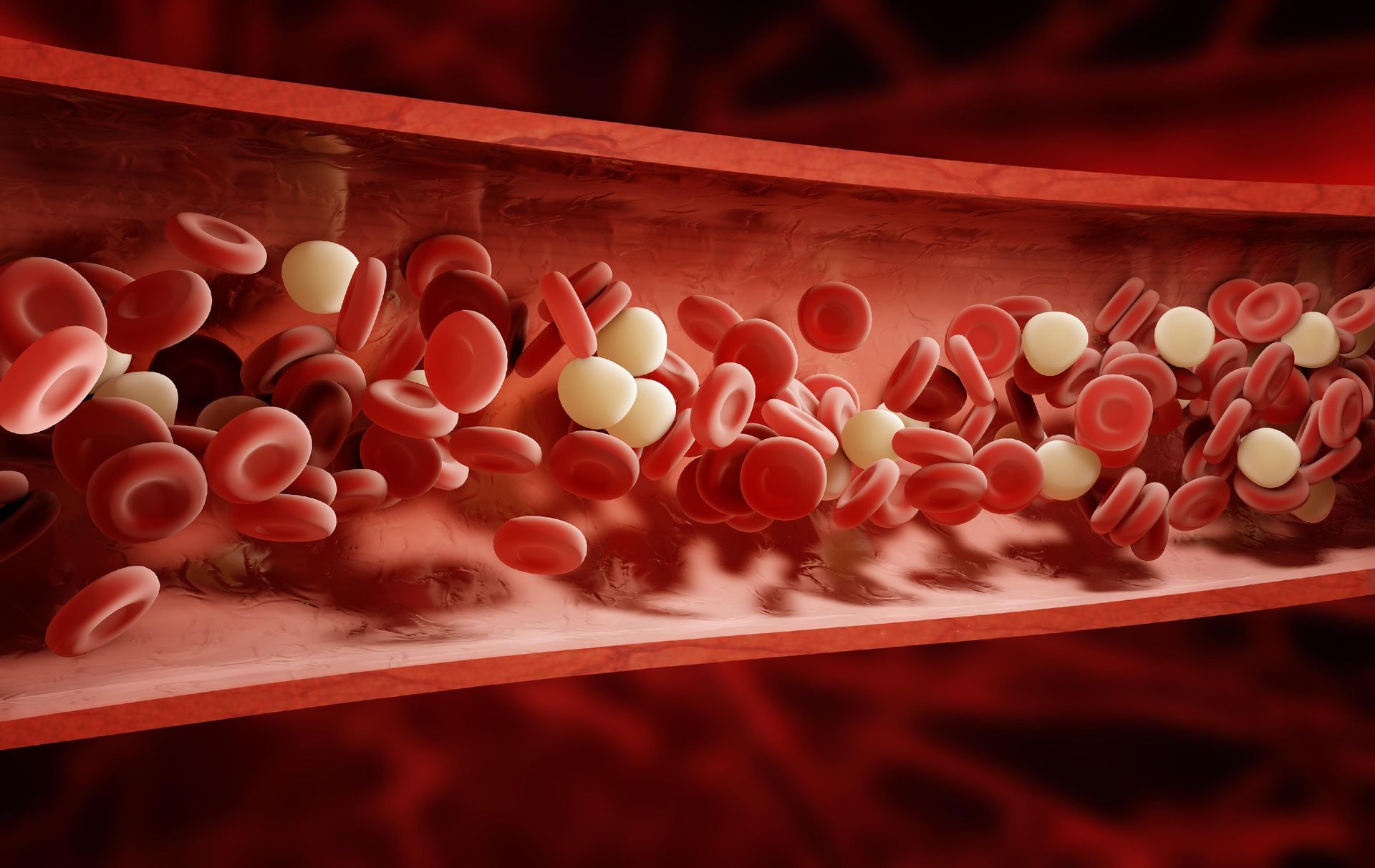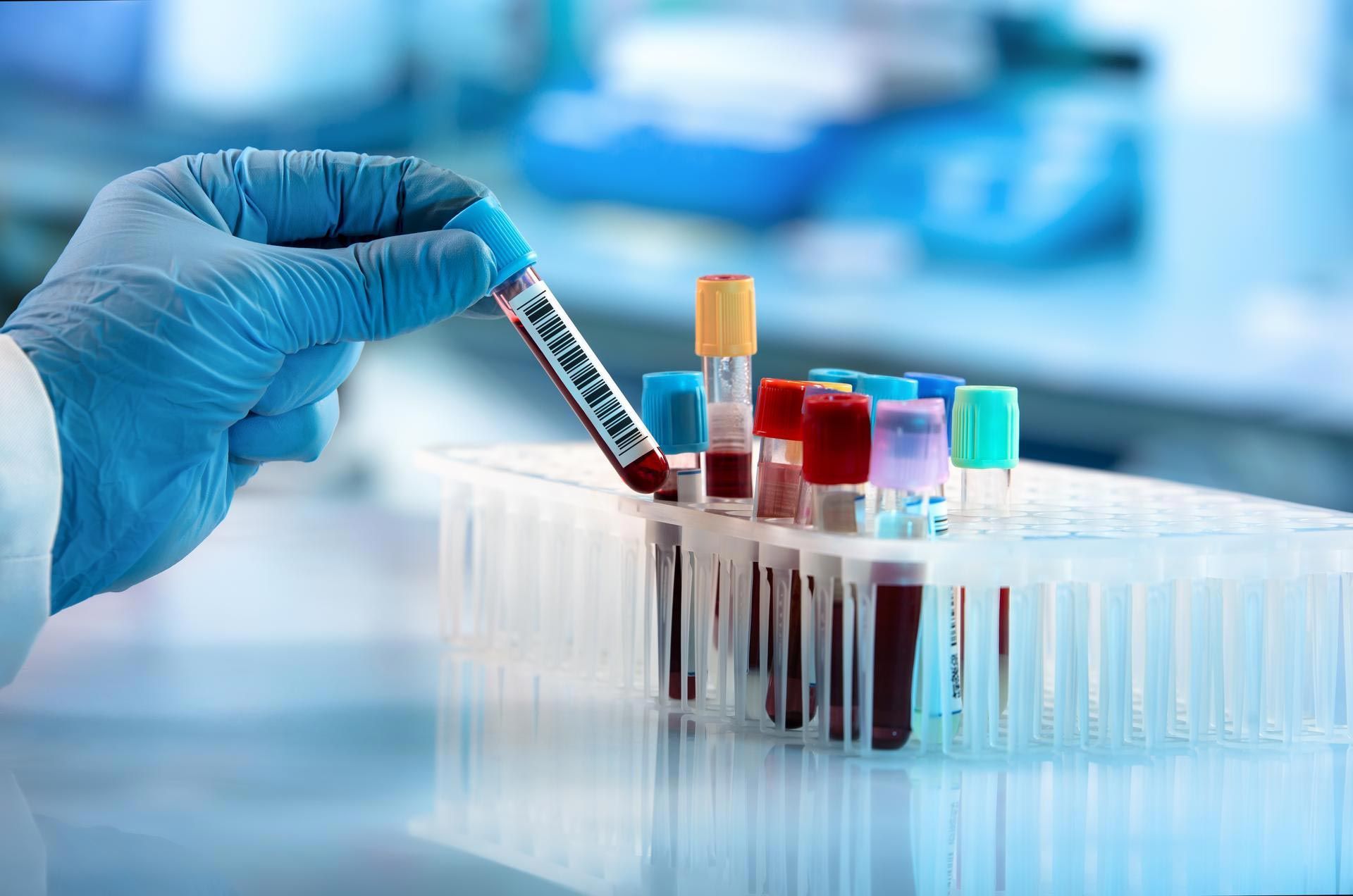A Guide to Important Blood Tests

Blood tests are an essential part of preventive healthcare, providing valuable insights into your overall health and well-being. By analyzing the composition of your blood, doctors can detect potential health problems early on, enabling timely intervention and treatment. Regular blood tests can also help monitor chronic conditions and track your response to treatment. Here's what you need to know about blood tests.
Why Are Blood Tests Important?
Blood tests offer a non-invasive and relatively painless way to assess your health. A small sample of your blood is drawn from a vein in your arm and sent to a laboratory for analysis. The lab technicians measure various components of your blood, including cells, proteins, and chemicals, providing valuable information about your body's functions.
What Are Common Blood Tests?
There are numerous blood tests available, each designed to evaluate specific aspects of your health. Here are some of the most common and important blood tests:
Complete Blood Count (CBC)
A CBC measures the different types of cells in your blood, including red blood cells, white blood cells, and platelets. Abnormalities in CBC results can indicate anemia, infections, blood clotting disorders, or other underlying conditions.
Basic Metabolic Panel (BMP)
The BMP is a group of tests that assess the levels of various chemicals in your blood, including electrolytes, glucose, liver enzymes, and kidney function markers. Abnormalities in BMP results can indicate electrolyte imbalances, diabetes, liver or kidney problems, or other metabolic disorders.
Comprehensive Metabolic Panel (CMP)
The CMP is a more extensive version of the BMP, measuring a wider range of chemicals in your blood, including proteins, enzymes, and hormones. It provides a more comprehensive evaluation of your overall health and metabolic status.
Blood Enzyme Tests
Blood enzyme tests measure the levels of enzymes in your blood. Enzymes are proteins that play crucial roles in various bodily functions. Abnormal enzyme levels can indicate damage to specific organs, such as the liver, heart, or pancreas.
Lipoprotein Panel
The lipoprotein panel measures the levels of different types of fats (lipids) in your blood, including LDL (bad) cholesterol, HDL (good) cholesterol, and triglycerides. High levels of LDL cholesterol and triglycerides increase your risk of heart disease and stroke.
Bone Marrow Tests
Bone marrow tests are used to evaluate the health of your bone marrow, the tissue that produces blood cells. These tests are typically performed to diagnose blood cancers or other bone marrow disorders.
How Are Blood Test Results Interpreted?
Blood test results are typically reported as a numerical value along with a reference range. The reference range indicates the normal range for that particular test in a healthy population. If your test result falls outside the reference range, it may indicate a potential health issue.
Your doctor will interpret your blood test results in the context of your overall health history, symptoms, and physical examination.
Regular blood tests offer several benefits, including:
- Early detection of health problems: Blood tests can detect abnormalities before you experience any symptoms, allowing for early intervention and treatment.
- Monitoring chronic conditions: Blood tests can help monitor your response to treatment for chronic conditions, such as diabetes, high blood pressure, or thyroid disorders.
- Preventive healthcare: Blood tests can identify risk factors for certain diseases, such as heart disease, stroke, or osteoporosis, enabling preventive measures.
- Overall health assessment: Blood tests provide a snapshot of your overall health, helping you make informed decisions about your lifestyle and healthcare.
Your doctor may order additional tests or refer you to a specialist for further evaluation.
When Should You Get Blood Tests?
Your doctor may recommend blood tests as part of a routine checkup or in response to specific symptoms or concerns. If you have a family history of certain diseases, your doctor may recommend regular blood tests to monitor your risk.
Some blood tests may require fasting or specific dietary restrictions. Your doctor will provide you with detailed instructions before your blood test.
Blood tests provide valuable information about the body's functions and help detect potential health problems early on. Randox Health California performs various tests to help you manage your health better. Contact us now for more information.











